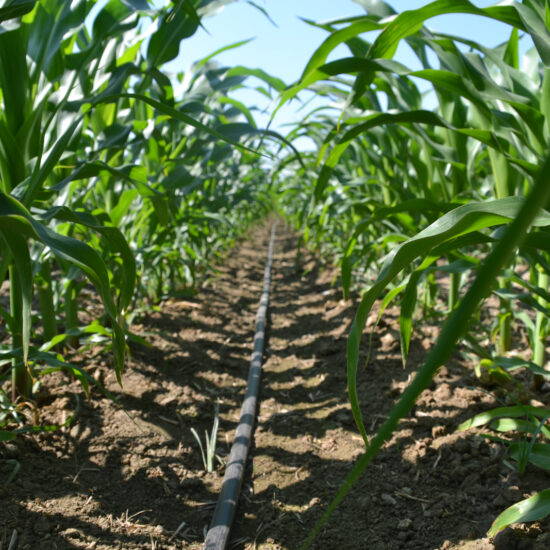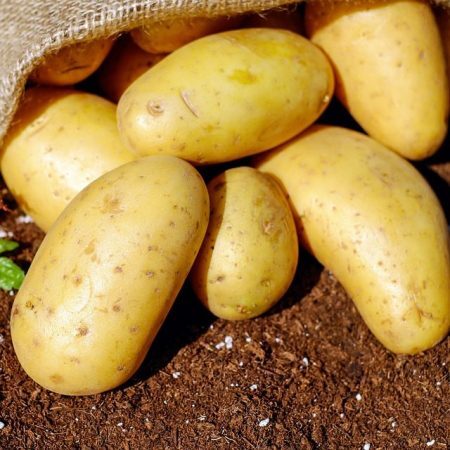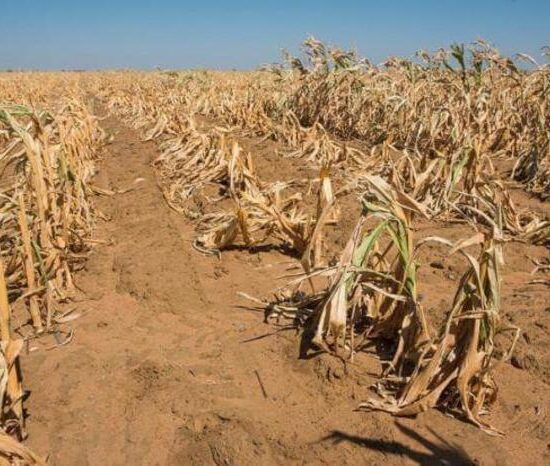
The Grain Traders Association of Zambia – GTAZ has revealed that there is a likely to be an increase in the prices of bread and other wheat products if the government does not issue a tax waiver for the import of wheat to cover the deficit.
GTAZ President Chambuleni Simwinga said consumers of the wheat products will have to bear the cost if the government does not issue a waiver on the export. The cost will be passed on to the final consumers.
Speaking in an exclusive interview with the Zambian Business Times – ZBT, Simwinga said imported wheat tends to be more expensive compared to locally grown wheat due to import taxes and duties, therefore the association has continued to lobby to government and is hopeful that there will be a positive response.
Simwinga said the government has allowed the importation of 100,000 metric tonnes of wheat and people are importing from South Africa in small quantities, adding that it is still in the pipeline as people are still putting in place all the logistics that are needed.
“If am going to import wheat at a higher cost, I cannot suck in the cost, I also have to pass that cost to someone and that someone is a consumer, so bread and other wheat products will cost more”, he said.
GTAZ has in the past advised that there is always a deficit in wheat production in the country, which is normally supplemented by imports. The local participation in wheat cultivation has been improving but more needs be done.
The association disclosed that there is a reasonable number of commercial farmers that grow wheat but the biggest challenge is the cost of inputs adding that most of the inputs that are used are imported into Zambia.
Simwinga has noted that wheat farming is not like growing maize as it is capital intensive or requires higher investment to some extent, and this is because wheat is not entirely rain fed, it is irrigated and irrigation of a large farm is not a cheap exercise therefore there is always a deficit of wheat every year.






